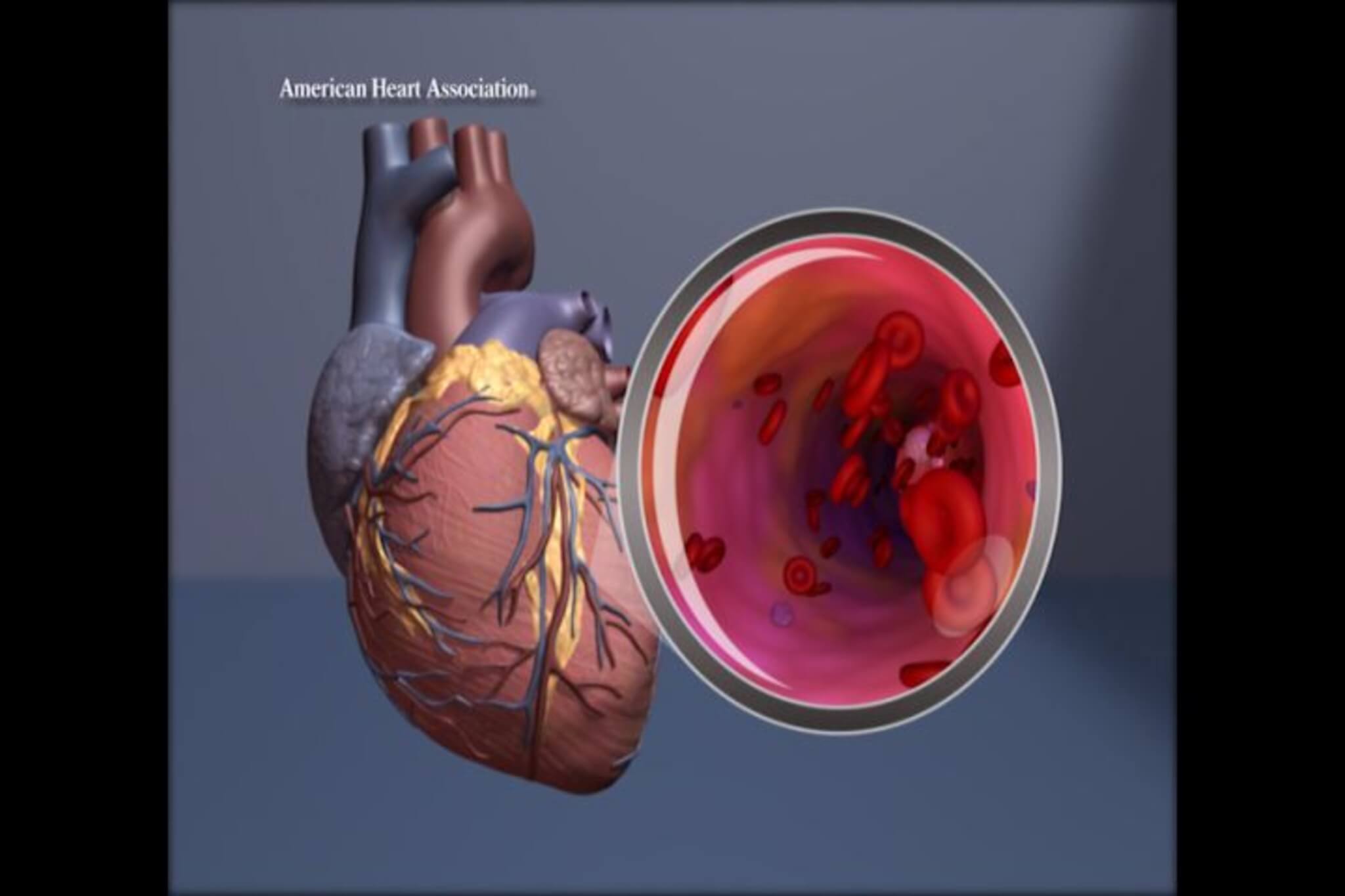Heart disease ranks as the top cause of death in the United States, but there has been a decline in heart attacks among older adults due to advancements in prevention and management of coronary artery disease over the years. However, there has been an alarming rise in heart attacks and other heart diseases among young adults (ages 20 to 50), which has contributed to declines in life expectancy in 2020 and 2021.
The increase in cardiovascular problems among young adults is believed to be linked to poor food choices and lack of exercise. The symptoms of heart disease in younger adults are similar to those in older adults, including chest pain or discomfort, shortness of breath, and weakness. Other forms of heart disease include thickened heart muscle, irregular heart rhythms, and heart failure.
A study published in the American Journal of Medicine in 2019 found that 20 percent of heart attacks occurred in patients 40 years old or younger. Additionally, young women are more affected by the increasing prevalence of heart disease than young men, and they are more often Black with a history of diabetes, chronic kidney disease, high blood pressure, or a previous stroke.
The research suggests that healthcare providers may overlook the signs of heart disease in women and are less proactive in managing risk factors compared to men. The main risk factors for young adults developing heart problems include poor lifestyle habits, genetic influences, and substance use such as tobacco, cocaine, marijuana, and alcohol.
COVID-19 also contributes to heart disease by triggering the body’s inflammatory response, leading to blood clots and an increased risk of heart attacks. The American Heart Association recommends following eight lifestyle habits to reduce the risk of heart disease, including a healthy diet, no tobacco use, regular exercise, sufficient sleep, weight management, monitoring cholesterol and blood pressure levels, and following blood sugar levels.
It is important for young adults to prioritize having a primary healthcare provider as part of their life plan to monitor their health regularly. Regular check-ups with a family medicine provider can help in preventing heart disease and managing risk factors.















